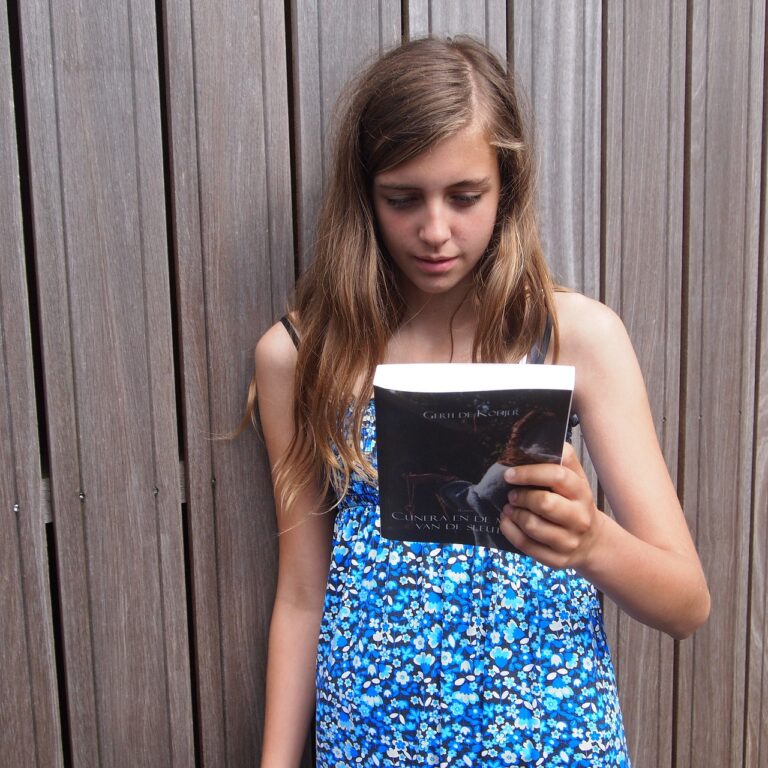Analyzing the Role of Creative Writing in After-School Expressive Arts: 11xplay.com login, India24bet 24, Skyexchange fair
11xplay.com login, india24bet 24, skyexchange fair: As educators and parents continue to seek ways to enhance the learning experience for children, the importance of incorporating creative writing into after-school expressive arts programs cannot be overstated. Creative writing not only allows children to express their thoughts and emotions in a healthy way but also helps develop essential language and communication skills.
1. Developing Language Skills
Creative writing encourages children to explore their imagination and find their unique voice. Through writing stories, poems, and journals, children are able to experiment with language and develop their vocabulary and grammar skills. This not only helps improve their writing abilities but also enhances their verbal communication skills.
2. Fostering Creativity
Creativity is a vital skill that children need to succeed in the future. Creative writing provides children with a platform to unleash their creativity and think outside the box. By encouraging them to come up with original ideas and stories, creative writing helps foster a creative mindset that can be applied to various aspects of their lives.
3. Building Confidence
Expressing oneself through writing can boost a child’s self-esteem and confidence. When children see their thoughts and ideas come to life on paper, it gives them a sense of accomplishment and validation. This, in turn, helps build their self-confidence and encourages them to continue exploring their creativity.
4. Improving Critical Thinking
Creative writing requires children to think critically and analyze their ideas. By planning and organizing their thoughts before putting them down on paper, children develop essential critical thinking skills. This ability to think critically and problem-solve is crucial for academic success and personal growth.
5. Enhancing Emotional Expression
Children are often faced with a myriad of emotions that they may not know how to express verbally. Creative writing allows them to channel these emotions into their writing, providing a safe outlet for self-expression. By exploring their feelings through writing, children can better understand and process their emotions.
6. Promoting Cultural Awareness
Through creative writing, children can explore different cultures, perspectives, and experiences. Writing stories set in different time periods or countries exposes children to diverse viewpoints and promotes cultural awareness. This helps children develop empathy and understanding towards others who may have different backgrounds or experiences.
7. FAQs
Q: How can parents encourage creative writing at home?
A: Parents can encourage creative writing at home by providing children with writing materials, setting aside time for writing activities, and offering feedback and encouragement on their work.
Q: Are there any resources available for children interested in creative writing?
A: Yes, there are many resources available for children interested in creative writing, such as writing workshops, online courses, and writing prompts websites.
In conclusion, creative writing plays a vital role in after-school expressive arts programs by fostering creativity, developing language skills, building confidence, improving critical thinking, enhancing emotional expression, and promoting cultural awareness. By incorporating creative writing into children’s learning experiences, educators and parents can help them unlock their full potential and become confident, expressive individuals.







